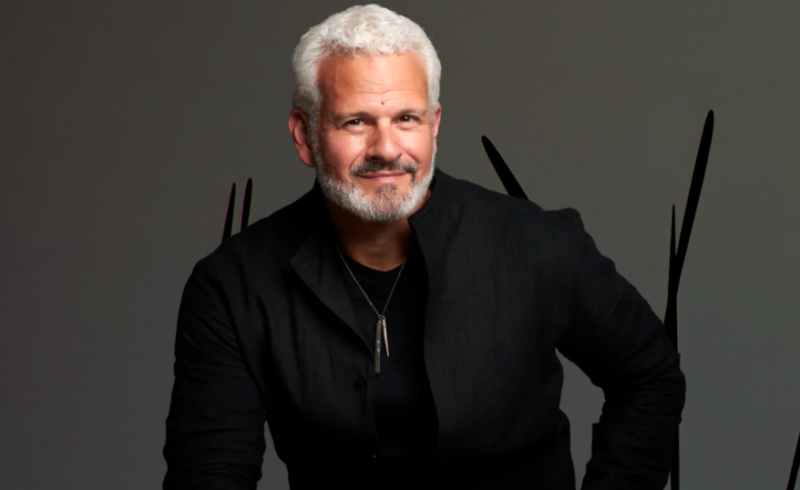Adam Gazzaley is a true polymath. A Professor of Neurology, Physiology and Psychiatry at the University of California, Dr. Gazzaley is working on a variety of neuroscience projects in the hopes of optimizing our relationship with technology and maximizing technology’s positive impact on our cognitive functions. I spoke with Dr. Gazzaley ahead of his talk this Tuesday at AMNH on Technology and the Brain about the diversity of his passions, his research on brain training video games, and why he’s optimistic on the impact technology will have on humanity…
You’re actively engaged in projects across a variety of areas: neuroscience, nature photography, venture capital, wine…the list goes on! Do you think this diversity of interests is the key to your creativity and success?
I do believe that the wide diversity of influences in my life has been a valuable asset. Notably at the intersection of my passion for nature photography and my career as a neuroscientist. This is true in terms of both the interplay between art and science and nature and the brain. It has also been very helpful in advancing the emerging field of experiential medicine to have the perspective of being an academic, inventor, entrepreneur and investor.
One of your missions at your company Neuroscape is to create the first video game prescription. How do your video games benefit people with ADHD and autism, for example? What evidence have you uncovered in your brain training research?
I am motivated to get new treatments into the world that do not rely upon molecules as the sole active ingredient, but rather experiences that harness our brain’s plasticity to improve its function; what I refer to as experiential medicine. We have publications of research trials showing benefits for diverse populations – ADHD, depression, autism, aging, healthy adults – with many more on the way. I am interested in both access to these treatments via doctor prescription, as well as directly to anyone in need.
You’re very optimistic on the impact of technology on our brains. Do you really believe technology is enhancing – rather than hindering – our humanity?
As is true for all things, technology cuts both ways – it can induce significant harm and it can help us in amazing ways. The challenge is to figure out how to minimize the former and advance the latter. That is what I have essentially dedicated my life to. I am quite optimistic that we can get there, but it will take great effort to accomplish this in a responsible and rigorous manner. It is incredibly important that we figure it out, as I am convinced we are in the midst of a Cognition Crisis.
One of the biggest objections to brain training video games is that they’re simply maximizing our dopamine response, creating an unhealthy addiction to technology. How is Neuroscape addressing the problem of video game addiction?
That is of more concern for consumer video games, but it is something we take quite seriously when developing therapeutic games. For our video game treatments, we build in features so that they can only be played a limited amount of time (e.g., 30 min a day, 5 days a week for one month). We consider that a dose of our medicine.
What are some of your favorite brain hacking tools?
Personally: nature, physical exercise, great food and great friends.
Meet Adam Gazzaley tomorrow night, February 11, at the American Museum of Natural History for a panel discussion on Technology and the Brain. Details here.


